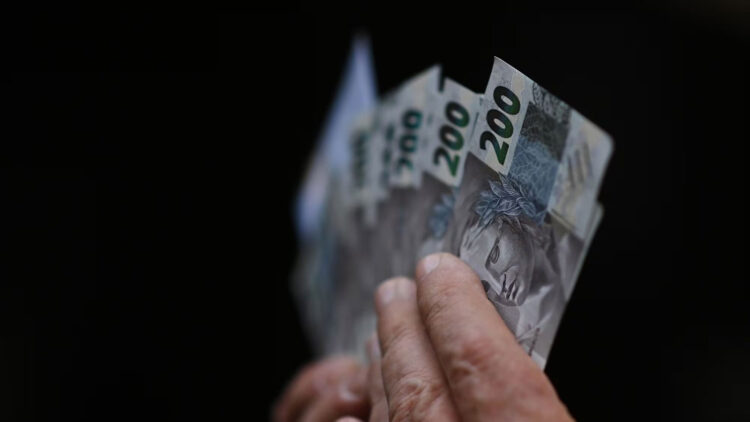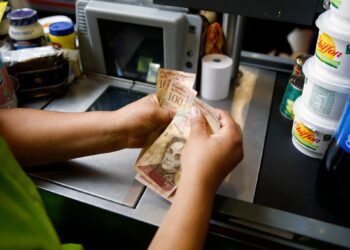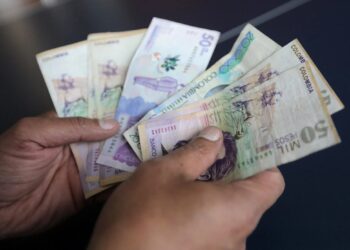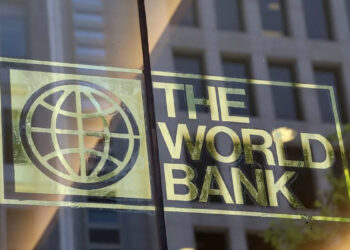Brazil’s central bank has launched a currency market intervention, selling up to $4 billion in an FX credit-line auction in response to ongoing concerns about the country’s fiscal health and the broader global economic downturn. This is the first such auction since January 2023, signalling the increasing pressure on the Brazilian real, which has fallen by nearly 16% this year—one of the worst performances among emerging market currencies.
The move follows a series of fiscal challenges, with investors growing increasingly skeptical of President Luiz Inácio Lula da Silva’s ability to balance the national budget amid rising government spending. The government’s fiscal policy has been further strained by efforts to combat wildfires, prompting the finance ministry to announce extraordinary credits that won’t impact the primary deficit, which excludes interest payments.
Adding to Brazil’s currency woes is the recent surge in the US dollar, exacerbated by global market shifts following the election of Donald Trump. These external pressures, combined with domestic fiscal concerns, have contributed to the depreciation of the real.
In response, Brazil’s central bank has been active in currency markets, using measures like FX credit-line auctions and foreign exchange swaps to provide liquidity. Earlier this year, the bank conducted its first spot sale of dollars since 2021 and followed up with auctions to stabilize the market.
Brazil’s finance minister, Fernando Haddad, had initially aimed for a balanced budget in 2024, but the country is now expected to close the year with a deficit close to its tolerance limits despite implementing budget freezes. Amid these developments, the central bank is raising interest rates to combat inflation and adjust the nation’s risk premium.
Bloomberg reports that the Brazilian central bank is taking these actions in a bid to reassure markets about fiscal stability, although investor confidence remains fragile.
















